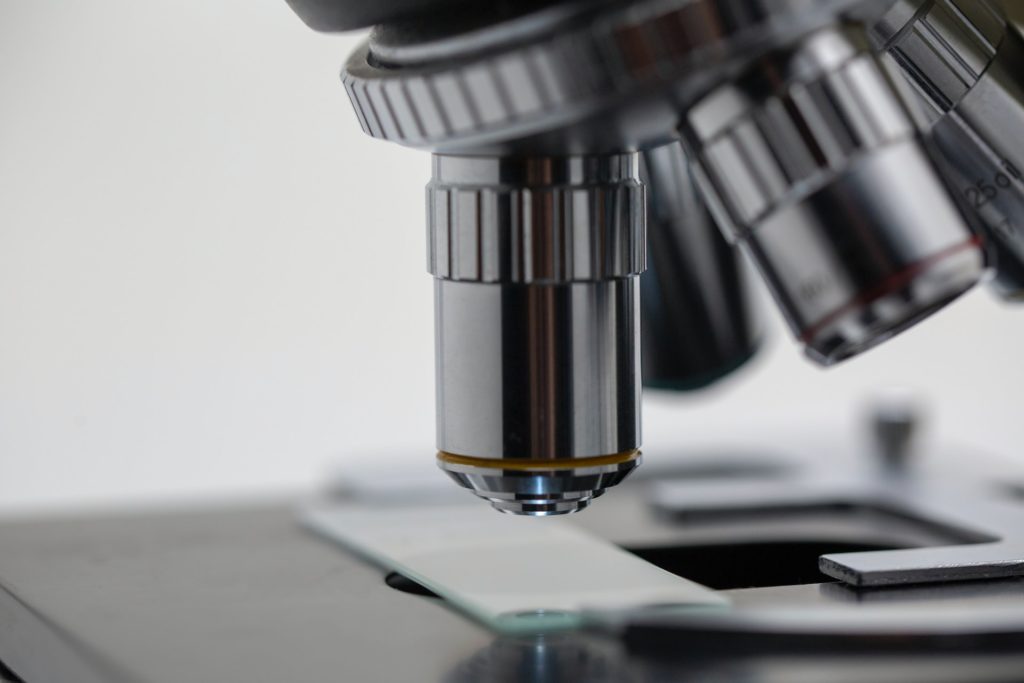A group of researchers with the University of Brussels (VUB) has mapped the immune landscape of glioblastoma tumours - progress that will hopefully uncover ways to make cancer treatments more effective.
The research comes from a team led by Professors Kiavash Movahedi and Jo Van Ginderachter, who worked in collaboration with colleagues from VIB (Flemish Institute for Biotechnology), VUB, and KU Leuven.
“We’re interested in cancer research, and in understanding how tumours progress,” Professor Movahedi told The Brussels Times. “You have to consider a tumour as a very complex, organlike structure.”
“It's not only cancer cells, but a whole range of other normal host cells that comprise a tumour. It's this whole ecosystem, this whole set of interactions, that determines whether tumours grow or are rejected as they develop.”
The team of scientists set out to map those parts of a tumour, and in doing so made a number of discoveries along the way.
One of those was the striking diversity of macrophages, which are specialised cells involved in the detection and destruction of harmful organisms, like a tumour.
“The detailed insight into the complexity of the macrophage compartment in tumours is thrilling,” said Professor Van Ginderachter. “It will be exciting to discover how different types of macrophages exactly act within glioblastoma tumours and how we can translate this knowledge into directed therapies.”
By examining tumours in both mice and humans, they also learned that the two are remarkably similar, which further expands the potential for testing new cancer treatments.
“What's exciting is moving this to the next step where we try to find molecular switches, ways to actually make these macrophages highly anti-tumour, to activate them so they now start attacking the cancer cells and helping other immune cells to destroy the tumour,” said Professor Movahedi.
Related News
Human glioblastoma tumours like the ones they work with are aggressive, hard-to-treat brain cancers that have a high unmet need for new treatment options.
While immunotherapy can be effective at treating some cancers (for example, melanoma), it rarely works with these ones, and is far from a one-size-fits-all. Mapping out a tumour’s immune cells could potentially help scientists create personalised treatment plans.
Doctors and scientists don’t always know why a cancer treatment works in some patients but not others. One hypothesis is that it comes down to those newly mapped immune cells.
Using the information gleaned from those can help predict which patients will respond to which treatments.
Atlas of immune cells in glioblastoma tumors: new clues for future therapies. Team led by Kiavash Movahedi and Jo Van Ginderachter @InflamResCen @VUBrussel have mapped the immune landscape in these tumors @NatureNeuro https://t.co/GWQgInB5ci pic.twitter.com/U9tYk4xcym
— VIB (@VIBLifeSciences) April 1, 2021
“Macrophages are the next frontier in cancer immunotherapy,” Professor Movahedi said. “They can either promote or block tumour growth. In glioblastoma, these cells are present in high numbers and unfortunately stimulate tumour growth. Our intent is to find a molecular switch that pushes them in the right direction by turning them into toxic cells that attack the tumour.”
Their progress is the result of four years of work, and the researchers are hopeful the new findings will provide a basis for developing new immunotherapeutic approaches for these aggressive brain tumours.
The researchers’ findings were published in Nature Neuroscience.
Helen Lyons
The Brussels Times

